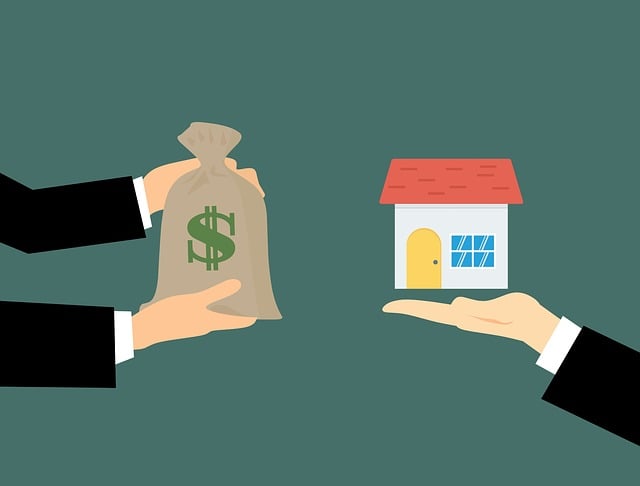Car title loan utility bill verification is a key step to assess borrower eligibility and mitigate default risk. Lenders verify income and financial stability through recent utility bills, offering competitive rates and flexible terms. This process benefits both parties, ensuring responsible borrowing and long-term financial security for borrowers.
Car title loans, a quick solution for cash needs, come with unique risks. Understanding these risks is crucial before pledging your vehicle as collateral. One critical aspect often overlooked is utility bill verification. This process plays a pivotal role in securing loans and protecting both lenders and borrowers. By verifying essential services like electricity or water, lenders mitigate potential losses and ensure the borrower’s ability to repay. This simple step enhances transparency, fostering trust and ensuring a safer lending environment for all involved parties.
- Understanding Car Title Loans and Their Risks
- The Role of Utility Bill Verification in Securing Loans
- How It Protects Lenders and Borrowers Alike
Understanding Car Title Loans and Their Risks

Car title loans are a type of secured lending where individuals use their vehicle’s title as collateral to borrow money. This option is often sought by those with less-than-perfect credit or who need access to funds quickly, as it typically involves shorter loan terms and faster approval compared to traditional bank loans. However, the risk lies in the potential for borrowers to default on payments, which can lead to repossession of their vehicle. In such cases, the lender has legal rights over the car, including selling it to recover the outstanding debt.
Understanding these risks is crucial when considering a car title loan. Lenders often require utility bill verification as part of the application process to assess loan eligibility and manage risk. By verifying recent utility bills, lenders can confirm the borrower’s identity, address, and financial stability. This step ensures that both parties are protected, with borrowers benefiting from flexible payment plans and lenders safeguarding their investment by minimizing the potential for default.
The Role of Utility Bill Verification in Securing Loans

Utility Bill Verification plays a pivotal role in securing Car Title Loans. It serves as a crucial step in the title loan process, ensuring lenders that the borrower has a stable and legitimate source of income to repay the loan. By verifying utility bills, which can include electricity, water, or gas statements, lenders gain confidence in the borrower’s financial stability. This is particularly important for short-term loans like car title loans, where quick repayment options are often available.
This verification process helps borrowers access more favorable repayment options. Lenders, feeling secure about the borrower’s ability to make payments, may offer competitive interest rates and flexible terms. Moreover, it allows borrowers to keep their vehicle as collateral while still gaining access to much-needed funds. By providing recent utility bills, borrowers demonstrate their ongoing responsibility in covering essential expenses, thereby enhancing their loan eligibility.
How It Protects Lenders and Borrowers Alike

Car title loan utility bill verification plays a pivotal role in protecting both lenders and borrowers. For lenders, this process ensures that the borrower has a stable source of income and can commit to repaying the loan. By verifying utility bills, lenders gain assurance that the borrower is capable of meeting their financial obligations, thereby reducing the risk of default. This, in turn, helps lenders offer competitive interest rates and flexible repayment options, such as those available through secured loans like car title loans.
For borrowers, utility bill verification is a safeguard against predatory lending practices. It ensures that they are borrowing responsibly and that the terms of their loan align with their financial capabilities. The transparency provided by this step in the title loan process fosters trust between lenders and borrowers, promoting fair and ethical lending practices. It also enables borrowers to explore various repayment options tailored to their needs, making it a crucial step in securing a car title loan that offers both peace of mind and long-term financial stability.
Car title loans, while offering quick funding, come with significant risks. To mitigate these, car title loan utility bill verification plays a vital role in securing loans for both lenders and borrowers. By confirming essential services like utilities, lenders ensure the borrower’s ability to repay, reducing default risk. Simultaneously, this process safeguards borrowers by preventing unfair lending practices, ensuring they receive terms tailored to their financial stability. Thus, utility bill verification is an indispensable step in the car title loan process, fostering trust and responsible borrowing.






